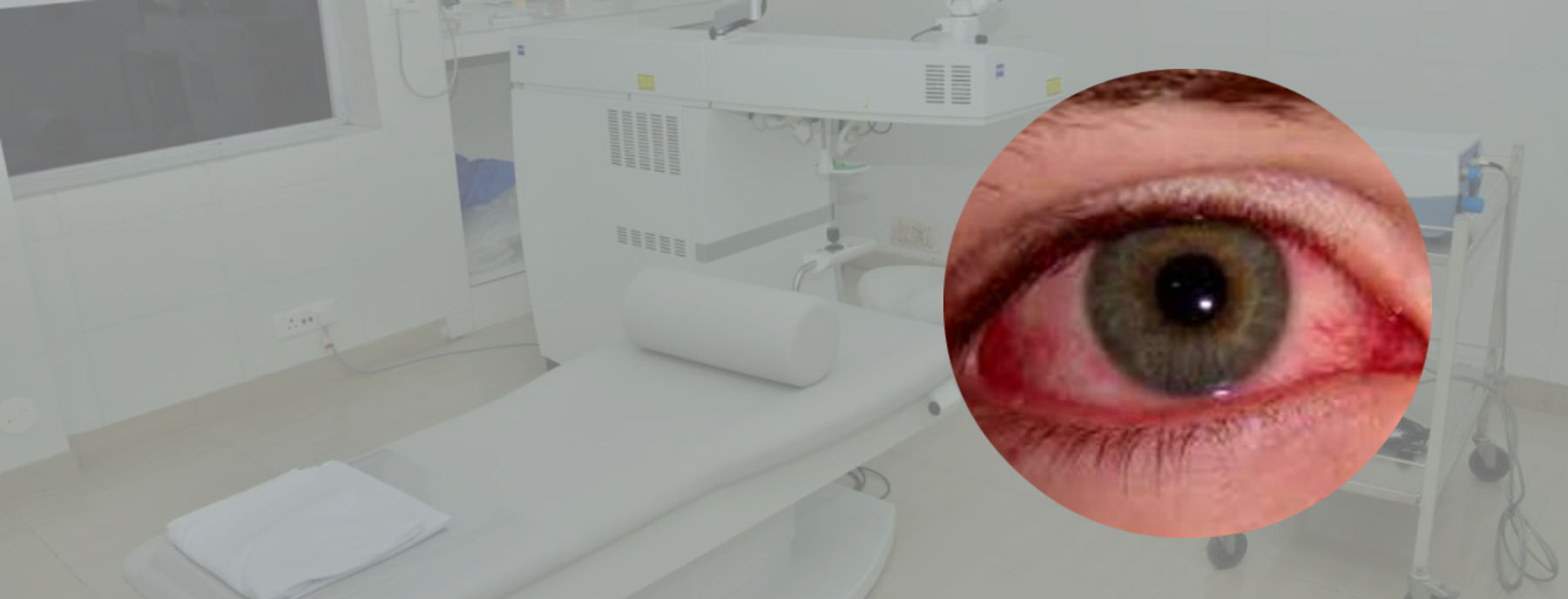OVERVIEW
Conjunctivitis or pink eye is inflammation or infection of the conjunctiva. Conjunctiva is the transparent membrane which covers the white portion of the eye and also lines your eyelid. The white portion of your eye looks pinkish red and small blood vessels become apparent. Usually both eyes are affected. Sometimes the infection starts in one eye and spreads to the other.
Conjunctivitis can occur as a result of infection (bacterial or viral), irritation, allergic reaction or due to inadequately opened tear duct (in babies). Pink eye rarely affects your vision. The symptoms can be controlled by adequate treatment.
Timely diagnosis and treatment of pink eye limits its spread as it is highly contagious. Conjunctivitis epidemics are not uncommon.
Causes
Risk factors for conjunctivitis
Conjunctivitis occurs as a result of exposure to
Types of conjunctivitis
Symptoms
You must contact your doctor as soon as you develop any of these symptoms along with redness in the eyes. Since conjunctivitis can remain contagious for one –two weeks after the start of the symptoms, early diagnosis and treatment is important to curtail its spread.
Diagnosis
Your doctor can diagnose pink eyes by your symptoms alone and by a clinical examination of your eye. In severe cases or if your cornea is affected or if you are having repeated conjunctivitis or you are not responding to treatment, your doctor may send a sample of your eye secretions for laboratory analysis.
Complication
Usually, conjunctivitis is self limiting and responds well to treatment. Sometimes conjunctivitis may affect the cornea and affect the vision. So, if your vision is affected please call your doctor immediately. Conjunctivitis caused by chlamydia, gonorrhea, and certain adeno virus strains can be serious and affect several body organs.
If you or your child has conjunctivitis:


